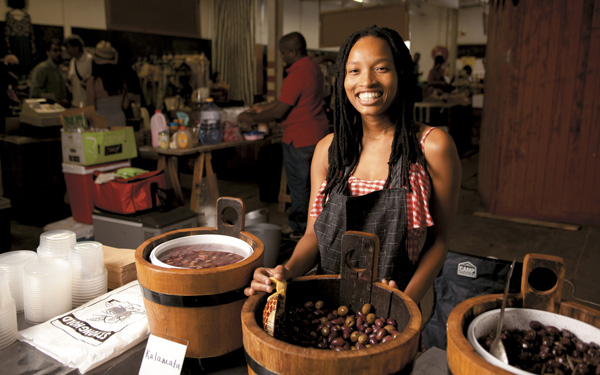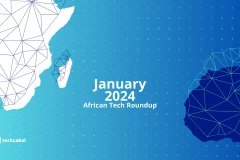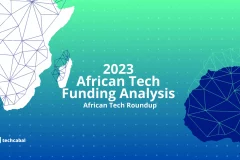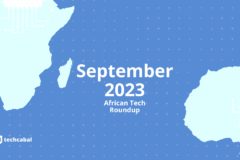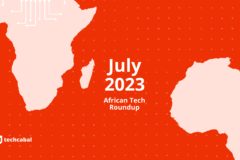Small businesses in South Africa were at a low point on April 10. Cracking under the weight of a nationwide COVID-19 burden, turnover was down by 92% relative to the period before lockdowns went into effect on March 24.
There are now signs that activity is beginning to pick up.
As of May 21, trading within the Small Medium and Micro Enterprises (SMME) sector was at 44% of pre-lockdown levels. That’s according to the Small Business Recovery Monitor launched by Yoco, the South African fintech.
In the last week of April, the Cyril Ramaphosa government eased restrictions by stepping down the lockdown from Level 5 to 4. It was the beginning of a “phased and gradual return to economic activity,” the president said on April 30.
The consequence, according to Yoco’s data, is a gradual uptick in sales for small businesses.
The fintech is able to glean business activity insights from a base of about 80,000 merchants who use its digital small business platform. Founded in 2014, the company offers palm-size point-of-sale devices that small business owners can connect to smartphones and tablets to receive payments.
As the country with the highest number of recorded cases in Africa, South Africa is under the microscope as a case study in how the continent’s economy reacts to the downturn. The country was already battling a recession before the pandemic turned up the heat, leading to warnings by concerned groups that continued lockdowns will create a humanitarian crisis.
Katlego Maphai, Yoco’s CEO and co-founder, agrees the pandemic and associated lockdown has been devastating. But going by the data they are seeing, he hopes this is “the start of a story of recovery and resurgence.”
Encouraged by the bits of growth in May, Ramaphosa, the South African president, is contemplating easing restrictions to initiate Level 3. With infection rates as a guide, he plans to vary alert levels to accelerate return to normalcy in regions with lesser disease burdens.
That could go some way in increasing the trade opportunities for small businesses in the country. At Level 5 – the most severe alert level – businesses and non-essential workers were prohibited from leaving their places of residence.
Moving to Level 4, online shopping was no longer restricted to the range of goods only physical stores could sell. Restaurants were allowed to sell hot food on delivery within a specified period. These relaxed rules increased activity in three sectors: retail, food and hospitality, and health and fitness.
The biggest jump in SME trading, per Yoco’s recovery monitor, has been in retail with turnover at more than 70% of pre-lockdown levels. Food is at 44% as delivery businesses received a freer hand, though they are subject to a curfew.
Level 3, when initiated, will bring “a progressively greater relaxation of restrictions” in work and social activities, Ramaphosa has said. It could increase public confidence and spur more people towards consumption, thereby having an uplifting effect on small businesses.
Funding activity is not a metric for assessing the recovery. But the $1.3m funding raised by Zulzi, a South African on-demand grocery store, bolsters belief in the potential for continued commerce in the post-pandemic period.
Zulzi was one of at least four SA-based ecommerce setups whose operations were negatively impacted amid demand surge in March. Under relaxed lockdown rules in which more of the country’s infrastructure will be available for use, these companies will take more steps towards full capacity.
Yoco’s monitor will track recovery progress on a daily basis. The fintech had to scale down its internal operations by letting staff go in April and reducing salaries for the leadership team.
In a bid to trigger business activity for merchants, Yoco announced three new products. One of them is ‘Payment Request’ which allows a merchant to send anybody a request and accept online card payments for sales.
Backed by Partech Africa, the company’s last funding round was a $16 million raise in 2018.
[Read: How Yoco and Paga create avenue for digitalisation in Africa’s informal economy]







